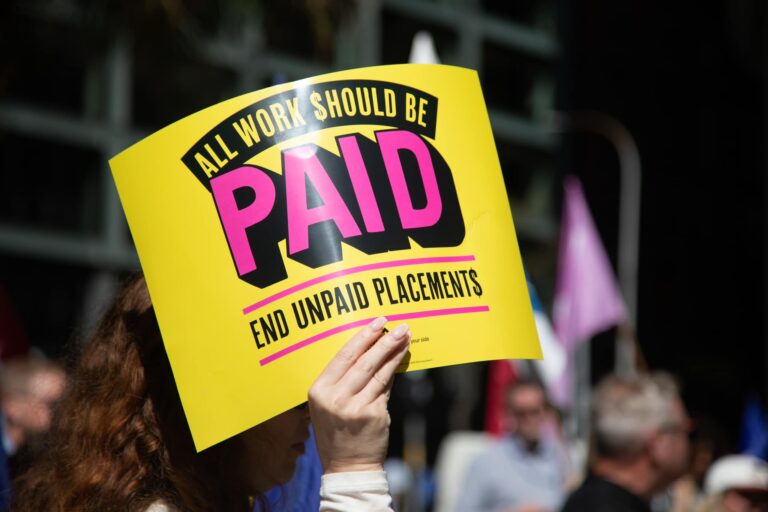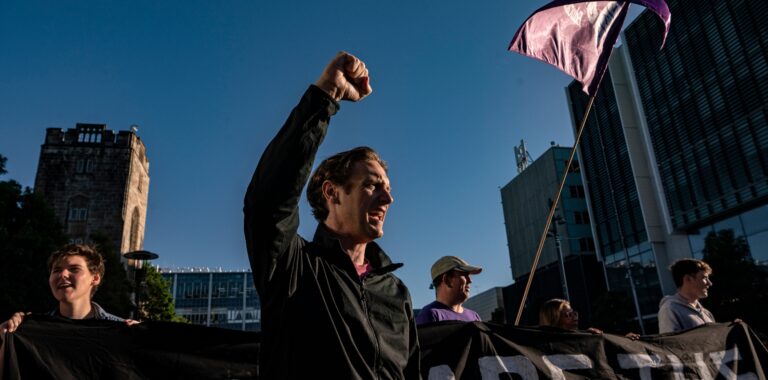
Brave New Australia? Not bloody likely
By Roger Hanney
Guest professors and industry insiders will in coming weeks be writing pieces for the Hub, both for and against the detail of a renewable nirvana.
But, in the meantime, Zero Carbon Australia 2020 will further conflate climate action with religious zealotry. Though it’s poor form to write oneself into an article, I was amused this week to be called a sceptic for doubting that Australia could adapt to a circumstance of 100% renewable electricity by 2020.
Why? Because I have been mocking climate change deniers for more than a decade, believe we passed the almighty tipping point at least five years ago, and see the global ecosystem’s best hope lying in an as yet unleashed supervirus that will indiscriminately kill or sterilise at least 80 per cent of the world’s humans.
That being said, the vision of a futuristic society powered by wind and sun is fantastic, but this groundbreaking report – even though it may deal with realities of science and economics effectively – does not deal at all with the pressing realities of our modern selfish society.
Massive solar power plants spread around key locations in Australia, 6500 massive wind turbines – enough to meet Australia’s energy needs in a decade’s time, at a setup cost of $37 billion (a piddling 3 per cent of GDP) annually until 2020.
Never mind the complete lack of credibility, spine, and social awareness to make any of this happen. Mr Rabbit and the COALition Chorus are still moaning about a one-off spend of $43 billion, even though it proved more or less necessary and successful.
Meanwhile, the ‘progressive’ side lacked spent nickels on climate action promises which had helped win them an election. And that only came under pressure from The Greens, while the bulk went on tunnels and roads and more of the same.
So how relentless will the whining be when the first politician to show any real spunk gets up and suggest spending $37 billion per annum, for a decade? You can bet Mark Latham’s ongoing pension that our collective futures – let alone rainforests, deserts, and estuaries – aren’t worth that much.
Not to mention that the report bases its forecasts on a 30 per cent drop in energy consumption, based largely in efficiency gains, even as the population and its lust for electronics grows. And, even though it takes 20 years and a knife-edge election for Western Sydney to get rail – maybe – we will all be choosing to use public transport a lot more in the future.
While we’re dreaming, maybe in this brave new world the bloody trains can run on time.









